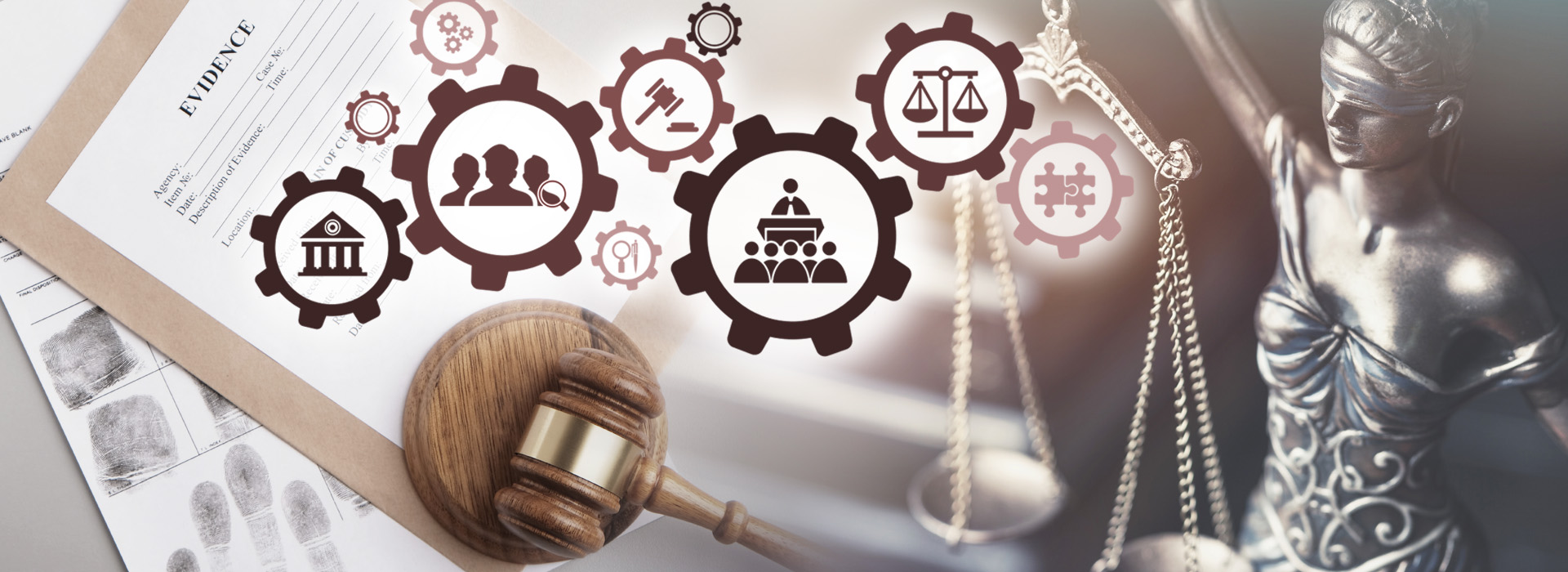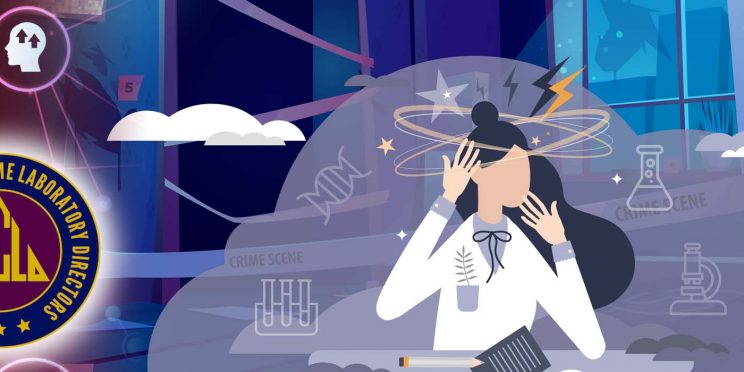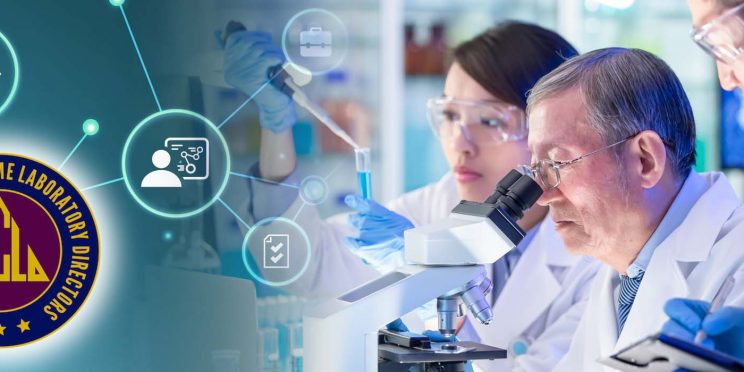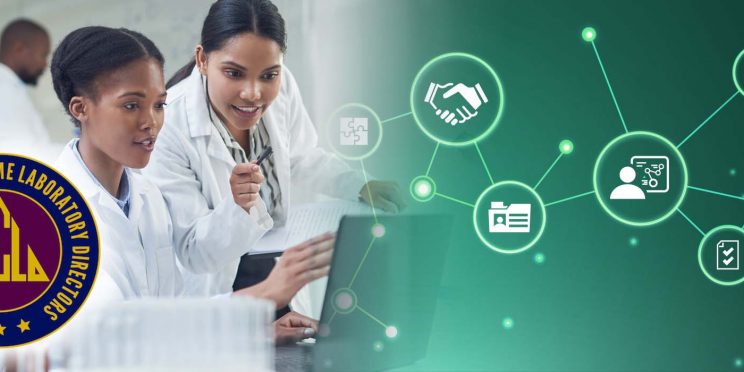Overview
North Carolina State University (NCSU) and the Forensic Technology Center of Excellence (FTCOE) will host a two-part virtual workshop series on the Qualifications of an Expert Witness for Legal Professionals. This workshop series will discuss topics surrounding qualifications of expert witnesses in forensic disciplines under both the Daubert and the Frye standards.
Part I of this virtual workshop series will occur on August 2, 2023, and will focus on the Daubert standard. Part II of this virtual workshop series will occur on October 25, 2023, and will focus on the Frye standard. Both parts are scheduled from 9:00 AM ET to approximately 3:00 PM ET with a lunch break between 12:00 PM ET and 1:00 PM ET.
Each workshop will feature a series of presentations, followed by a live question and answer session with each presenter. The presentations will discuss the historical basis for both the Frye standard and Daubert standard, address issues surrounding qualifying expert witnesses, how the admission of expert testimony in the courts has been affected by these standards, and much more! During the workshops, you will hear from a diverse panel of presenters spanning the breadth of legal practitioners, including judges, trial attorneys, professors, attorney generals, and post-conviction litigators.
This no cost, two-part virtual workshop series is open to a wide audience, including legal professionals, criminal justice practitioners, forensic scientists, and anyone interested in how admissibility standards affect expert testimony in the courts. Both parts of this virtual workshop series will be interactive and occur over Zoom, a peer-to-peer platform. Registration for each part of this virtual workshop series will be capped at 500 participants.
Part I Registration
What:
Virtual Workshop Series: Qualifications of an Expert Witness for Legal Professionals
When:
Part I: The Daubert Standard | August 2, 2023
9:00 AM ET – 3:00 PM ET
Where:
Live virtual event hosted in Zoom
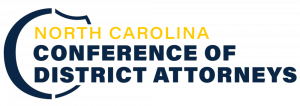
Thanks to the North Carolina Conference of District Attorneys sponsorship, Part I: The Daubert Standard has been approved for 5 hours of general Continuing Legal Education (CLE) with the North Carolina State Bar. After attending the event, attendees will have 30 days to mail or fax their FTCOE certificate of attendance to the North Carolina State Bar CLE Department for credit and will be responsible for any fees associated with updating their CLE record.

Part II Registration
What:
Virtual Workshop Series: Qualifications of an Expert Witness for Legal Professionals
When:
Part II: The Frye Standard | October 25, 2023
9:00 AM ET – 3:00 PM ET
Where:
Live virtual event hosted in Zoom
ACCESS EVENT
Registration Coming Soon!
AGENDA
Coming Soon!
Abbreviated Agenda
Part I: The Daubert Standard
Wednesday, August 2, 2023
9:00 AM ET – 12:00 PM ET: Presentations & Q&A
12:00 PM ET – 1:00 PM ET: Lunch Break
1:00 PM ET – 3:00 PM ET: Presentations & Q&A
Part II: The Frye Standard
Wednesday, October 25, 2023
9:00 AM ET – 12:00 PM ET: Presentations & Q&A
12:00 PM ET – 1:00 PM ET: Lunch Break
1:00 PM ET – 3:00 PM ET: Presentations & Q&A
Related Resources
- Courtroom Knowledge of Forensic Technology and the Impact on Frye and Daubert Standards
- Legal Perspective on the Adoption of Advanced Technologies
- Daubert Standard
- Frye Standard
- Federal Rules of Evidence - Rule 702 Testimony by Expert Witness
- NIJ National Center on Forensics Post-PCAST Court Decisions Assessing the Admissibility of Forensic Science Evidence
- ASCLD/Lab Guiding Principles of Professional Responsibility for Crime Laboratories and Forensic Scientists
- DOJ Uniform Language for Testimony and Reports
- National Research Council. 2009. Strengthening Forensic Science in the United States: A Path Forward. Washington, DC: The National Academies Press
- President's Council of Advisors on Science and Technology. (2016). Forensic science in criminal court: Ensuring scientific validity of feature-comparison methods
- North Carolina State Bar Continuing Legal Education (NCCLE)
- North Carolina Conference of District Attorneys
Funding for this Forensic Technology Center of Excellence event was provided by the National Institute of Justice, Office of Justice Programs, U.S. Department of Justice.
The opinions, findings, and conclusions or recommendations expressed in this event are those of the presenter(s) and do not necessarily reflect those of the U.S. Department of Justice.
Contact us at ForensicCOE@rti.org with any questions and subscribe to our newsletter for notifications.

